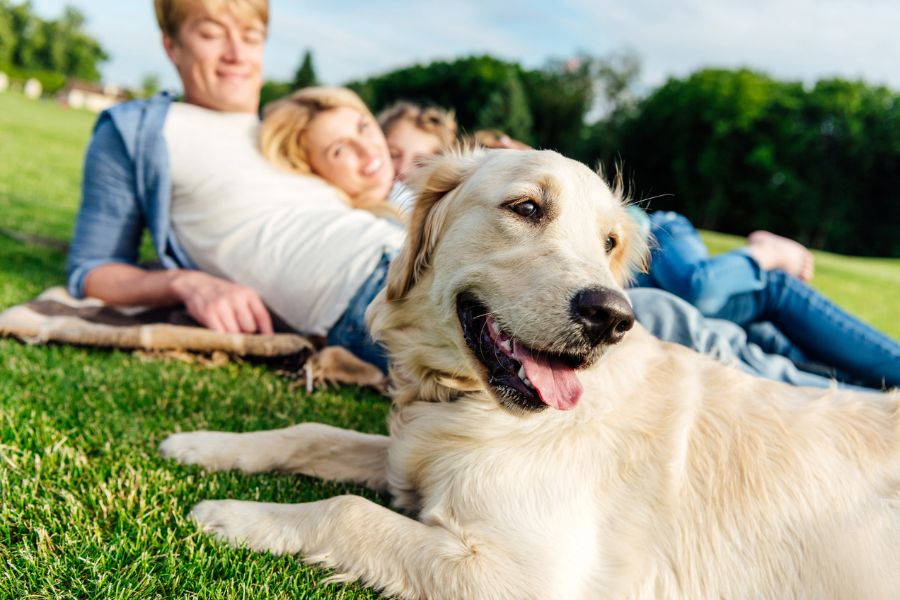Your local rules regarding pet ownership should always be carefully considered when adopting or owning an animal, such as rental policies, homeowner associations or neighborhood rules related to scooping poop or barking.
Responsible dog owners know the value of developing strong relationships with veterinarians and regularly taking their pet in for checkups and vaccinations as prescribed. In addition, visits may also be scheduled as necessary.
1. Vaccinations
Vaccinations provide a safe and effective means of safeguarding against infectious diseases in pets. While some breakages in coverage may occur from time to time, most successfully vaccinated pets show no evidence of disease and many vaccines help either prevent illness entirely or lessen its severity.
Vaccines are developed and produced according to strict safety standards, containing weak versions of pathogens to stimulate your pet’s immune system to produce antibodies more quickly and effectively if exposed to real disease-causing organisms than if their immunity were simply stimulated by exposure itself.
Vaccines fall into two categories, core and non-core, with their schedule determined by your pet’s risk for various diseases based on lifestyle and location. Rabies is considered core, while leptospirosis vaccine is considered non-core due to being spread by rodents.
2. Dental Care
Just like humans, our pets need regular dental check-ups. Pet dental care helps to protect against gum disease, bad breath, tooth loss and other serious health complications.
As with humans, poor dental hygiene in your pet can quickly lead to systemic disease before symptoms even appear. Bacteria from their mouth enters the bloodstream and damages vital organs such as their heart, liver and kidneys.
Veterinary dentistry encompasses oral exams, radiographs of the teeth and roots (similar to dental x-rays), professional teeth cleaning sessions (also called dental scaling and polishing), as well as professional scaling and polishing sessions (known as dental scaling and polishing). Because pets tend to become upset when having their teeth cleaned professionally, it’s best to start your pet on regular dental care from an early age – regular professional teeth cleaning sessions every two or three years can ensure their long and healthy lives!
3. Heartworm Prevention
All pets that go outdoors or may come into contact with mosquitoes should receive heartworm prevention year-round – it could save their life! Heartworms are parasitic worms which can be fatal if left untreated.
Mosquitoes carry heartworm eggs that they inject directly into pets through one bite. Once inside their blood vessels, these worms mature and reproduce to block oxygenated blood flow to these vital organs.
Treatment can be lengthy and expensive, as the worms need to be killed gradually over several months to avoid overtaxing the lungs. Monthly preventive medication is much simpler and cheaper; veterinarians can assist in selecting an ideal option – some medications only protect against heartworms while others also protect against intestinal parasites, fleas, and ticks.
4. Training
Responsible pet ownership includes training your animal to obey commands. This ensures their safety when out in public areas, and training classes also help socialize them so they are less likely to act aggressively towards other pets or people.
Responsible pet ownership requires making a long-term commitment to providing care and healthcare for your animal companion, as well as offering proper housing, nutrition and housing solutions.
Being a responsible pet owner means making sure that the microchip or pet tag information for your animal remains up-to-date, to help ensure they can be quickly returned home should they ever get lost.
Check this website: Mypetcaretutor
5. Exercise
Responsible pet owners ensure their animal has access to adequate food and water on a daily basis, while many pets such as dogs and cats require daily physical activity, including appropriate exercise that supports healthy bones and muscles and can help burn off extra energy.
Regular exercise and socialization for your dog or cat may reduce their likelihood of engaging in destructive or aggressive behaviors like ripping up shoes or attacking people or other animals. Training, socialization, nutrition and preventive health care work hand-in-hand for best results.
If you are considering getting a pet, make sure that everyone in the household understands and agrees to its responsibilities – remember, keeping an animal as part of the family will require long-term commitment from all involved.

